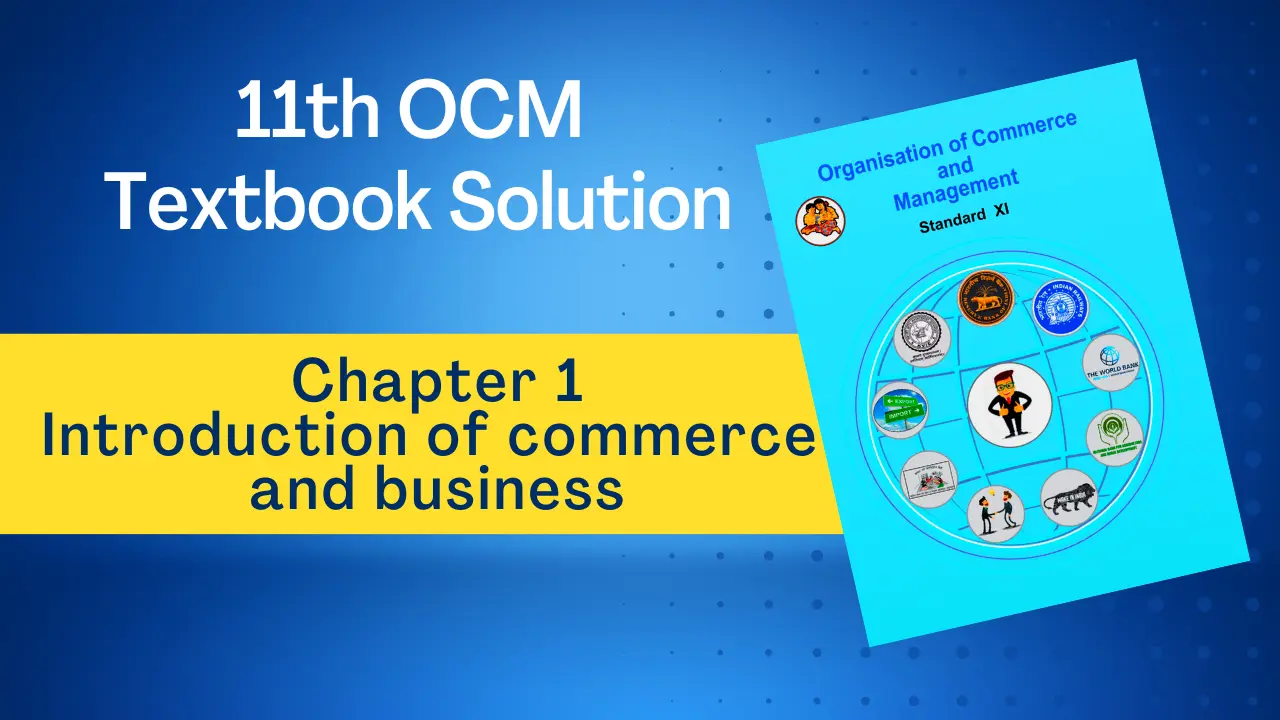E-Commerce and E-Governance Class 12 Free Online Lectures – Maharashtra Board
E-Commerce and E-Governance
Meaning:
“E-Commerce can be broadly defined as the process of buying and selling of goods or services using an electronic medium such as the Internet.”
Advantages of E-Commerce :
Global scope:
E-commerce provides sellers with a global reach. Now, sellers and buyers can meet in the virtual world, without the barrier of place.
Electronic transaction :
E-commerce reduces the paperwork and significantly lowers the transaction cost. E-Commerce enables the use of credit cards, debit cards, smart cards, electronic fund transfer via a bank’s website, and other modes of electronic payment.
Cost Saving:
The E-commerce application provides users with more options to compare and select the cheaper and better option. It helps in reducing the cost of searching for a product. E-commerce has enabled rural areas to access services and products, which are otherwise not available to them.
Anytime shopping:
One other great advantage is the convenience. A customer can shop 24×7. The website is functional at all times; it does not have working hours like a shop.
No intermediaries:
Electronic commerce also allows the customer and the business to be in touch directly, without any intermediaries. This allows for quick communication and transactions.


![12th OCM Paper Pattern Maharashtra Board (2025-26) [Download Free Pdf] 4 12th OCM Paper Pattern](https://scholarsclasses.com/blog/wp-content/uploads/2021/10/12th-OCM-Paper-Pattern-520x245.jpg)
